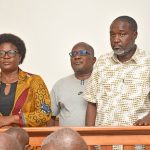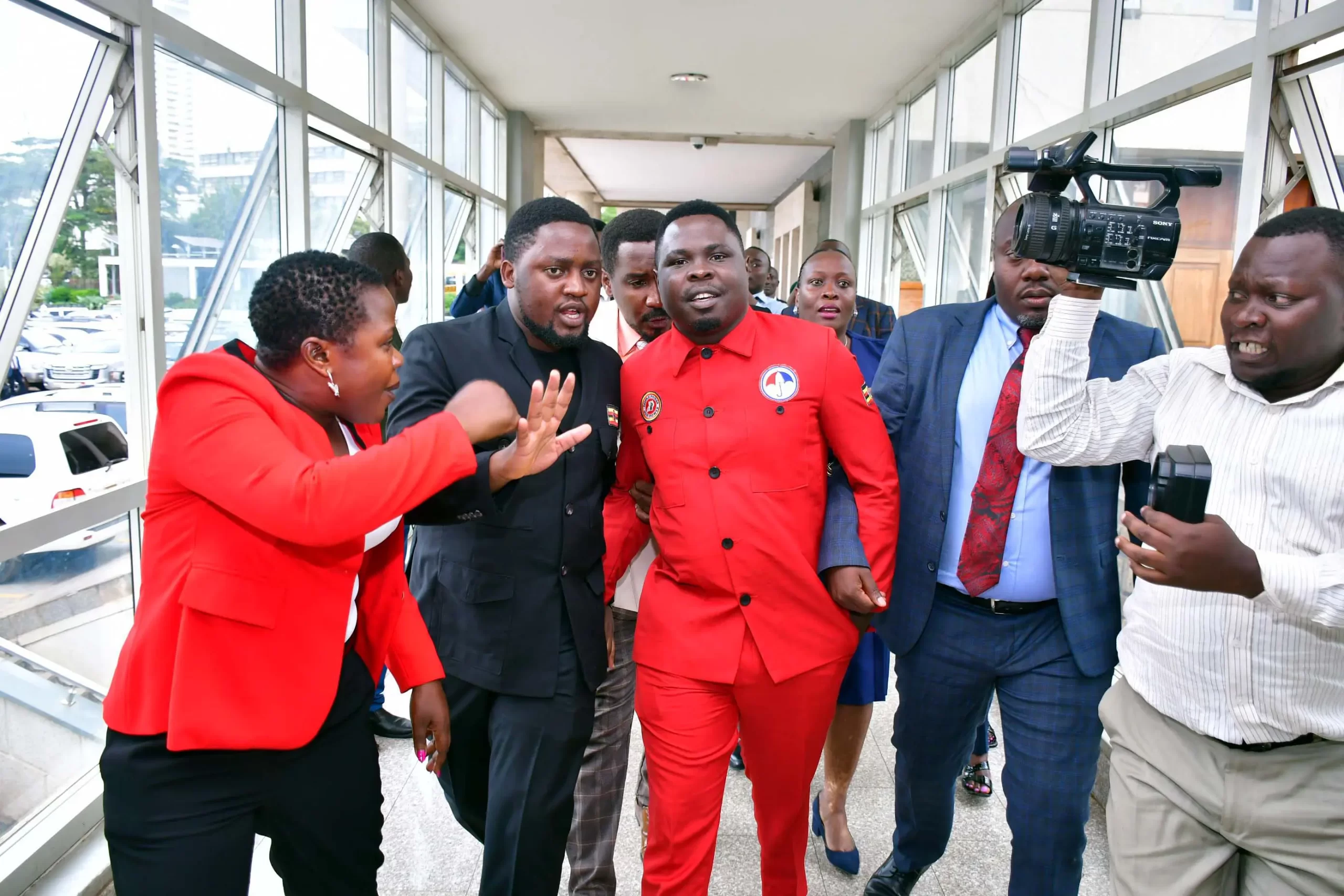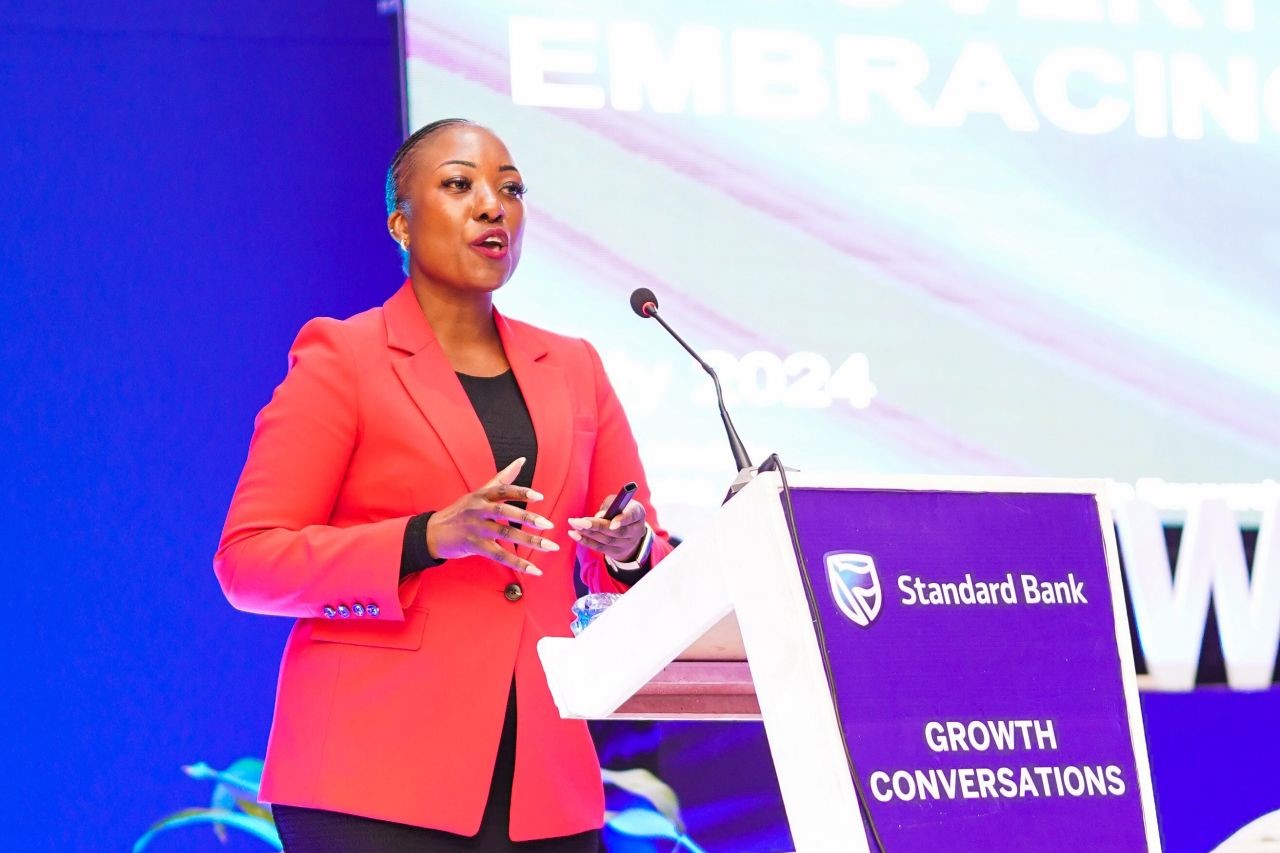To understand why Richard Byarugaba, the former managing director of the National Social Security Fund (NSSF) did not want to let go of the job, you have to take stock of the man himself.
There is one story that Byarugaba likes narrating especially to those within his inner circle and journalist friends. He has retold it several times that some of his friends know it line by line, verse by verse.
It dates back to his student days at Makerere University in 1980 when he mobilized fellow students to support Yoweri Kaguta Museveni, the UPM candidate in the 1980 elections.
“I moved from hall of residence to another, trying to sell Museveni’s candidature. It was not easy. UPC had a strong state machinery at campus and DP was very popular,” he often says.
“I was abused, chased from some rooms but I did not give up. We [UPM] lost but I think Museveni made a good impression on young people at campus. That is why many joined him in the bush later.”
Byarugaba has never been a quitter.
At Nile Bank where he worked from 1997 until 2007 when the bank was bought by Barclays Bank, he always preached optimism.
“Even when things are not going well, Byarugaba will put on a smiling face,” says someone who worked with him in the banking industry at the Uganda Bankers Association (UBA) where Byarugaba served as treasurer in the mid-2000s.
Yet beneath that smiling face is a fighter. Someone who does not want to give in even when the odds are stacked against him.
When Gordon Wavumunno, one of the owners of Nile Bank met senior staff to communicate shareholder’s decision to sell the bank in 2007, Byarugaba was not convinced by his explanation.
“He thought the bank could still fight on and get back on good financial footing but the owners had already made the decision,” said the former banker.
Byarugaba’s voice can oscillate between feminine and masculine, depending on circumstances.
When very upset, some say he can break into tears.
When he got the NSSF job on August 1 2010 following the tumultuous exit of his predecessor Chandi Jamwa, Byarugaba dived into the role headlong.
He taunted his NRM credentials while at the same time assuring that he would never allow the fund to be influenced by politicians.
But he never got on well with his first supervisor, Maria Kiwanuka, the short-lived minister of Finance and some of his fellow staff.
A fighter
Kiwanuka and Byarugaba often batted heads in meetings, each trying to prove that he/she was the better economist.
“Byarugaba is a numbers guys and will always throw figures around to either make his case or dismiss the opinion of others. Kiwanuka was too impatient for this,” said the banker.
Yet if there is anyone who faced the full length of Byarugaba’s wrath, it is the the former Head of Human Resources at NSSF, Eseza Catherine Byakika.
Byakika, who joined the fund in 2013, never got along well with Byarugaba from the beginning.
It became so nasty to a point that one day in 2015, Byakika started openly questioning Byarugaba’s masculinity, a topic that was only discussed in whispers at the fund.
“Why do you perm your hair? Why do you groom yourself like a woman?” she once asked Byarugaba who was taken aback by the queries.
He summoned her into his office and told her that kind of behavior would not be tolerated again. Any another slip would lead to bigger consequences. In any case there had been rumours within the fund to the effect that Byakika, too, was not “straight.”
Byakika did not take heed and instead took her grievances to the media.
She gave a series of interviews where she questioned Byarugaba’s leadership style and off the record, his sexual orientation.
On the 28 May 2015, Byarugaba, after having tolerating Byakika or long decided to suspend her on the grounds that she had breached NSSF’s communication policy by giving media interviews without the Fund’s consent.
She was sent home and told to wait to appear before a disciplinary committee to defend herself.
On June 11, 2015, the disciplinary committee convened and listened to both sides.
It sent Byakika home and told her to wait for the decision.
Two weeks later, she was called and told she was being dismissed for flagrant disregard of NSSF’s policies and for breach of confidentiality, when she talked to the media.
“This is not over,” she told Byarugaba.
She ran to the industrial court challenging her dismissal.
Among others, Byakika sought compensation of Shs 23 million per month for unpaid notice, medical allowance, general damages of Shs 276 million for prospective income for the remainder of the contract, gratuity at 20% of Shs 55 million a declaration that the dismissal was unfair and wrong, an order for reinstatement and special damages of Shs 73 million.
Court dismissed Byakika’s application saying her sacking was lawful.
In the next meeting, a triumphant Byarugaba warned staff that those who were willing to challenge should ask Byakika.
The celebrations did not last long because shortly after, Kiwanuka revealed that Byarugaba’s contract would not be renewed.
She said she was not satisfied with Byarugaba’s performance and claimed that he had disrespected her in meetings.
Out in the cold and on the verge of losing his job, Byarugaba did everything he could including appealing to higher powers to have his job back.
Then he remembered his trump card, the Uganda Patriotism Movement (UPM) credentials.
So, when he got a chance to meet President Museveni, he taunted his UPM credentials and how he had suffered while mobilizing for him in 1980.
Museveni, seemingly impressed, re-appointed him to the job and in the next reshuffle, sacked Maria Kiwanuka.
He was back!
Yet there would be no second act for Byarugaba.
In 2022 Betty Amongi, the minister for Labour made it clear that she would not re-appoint Byarugaba.
The two had been on a war path for some years after Byarugaba had claimed the minister was interfering in the Fund’s operation and investment decisions.
Amongi, not the one to back down from a fight, shot back and against the advice of the board of NSSF, appointed Patrick Ayota as the new MD.
In any case, Byarugaba had hit the retirement age of 60 years and Amongi felt she was on strong ground.
Byarugaba, who had always chided colleagues like Geraldine Ssali and Byakika for running to court, took the same route.
Court vindicated Amongi’s decision last week when it upheld Ayota’s appointment.
Byarugaba, with a bag strapped over his shoulder, was left holding an empty can.
The UPM mantra could not save him this time.










